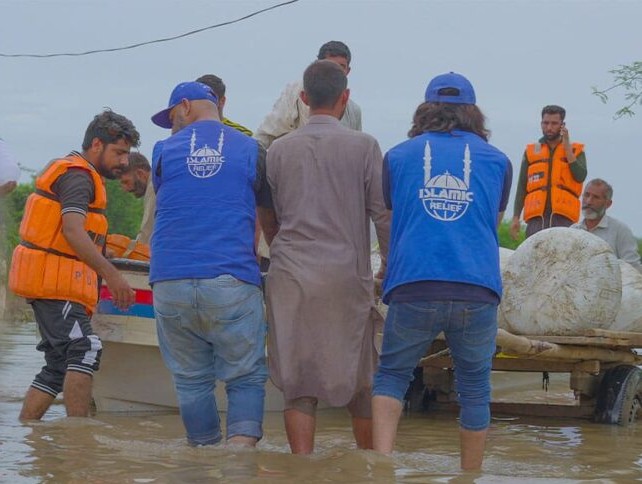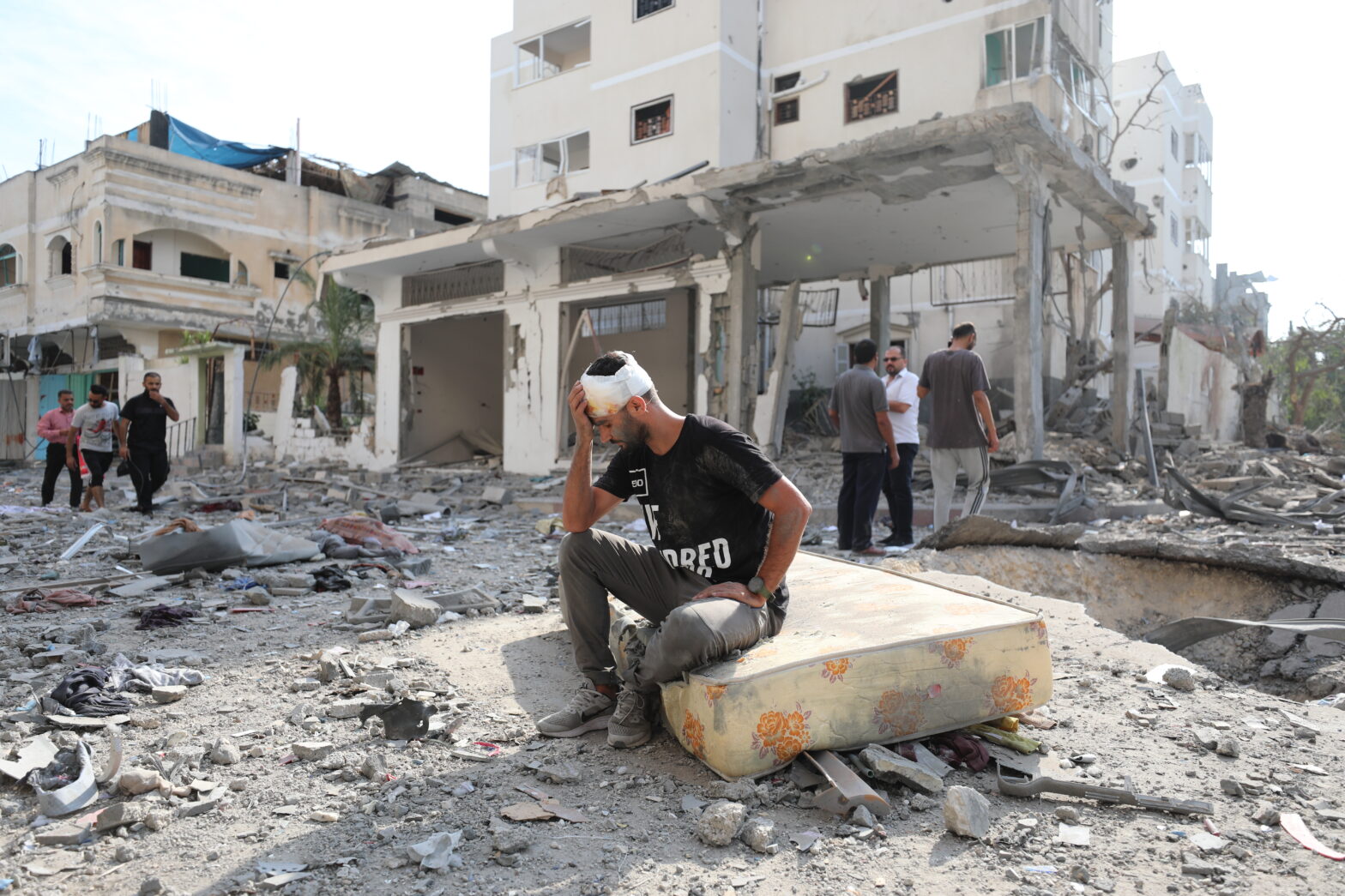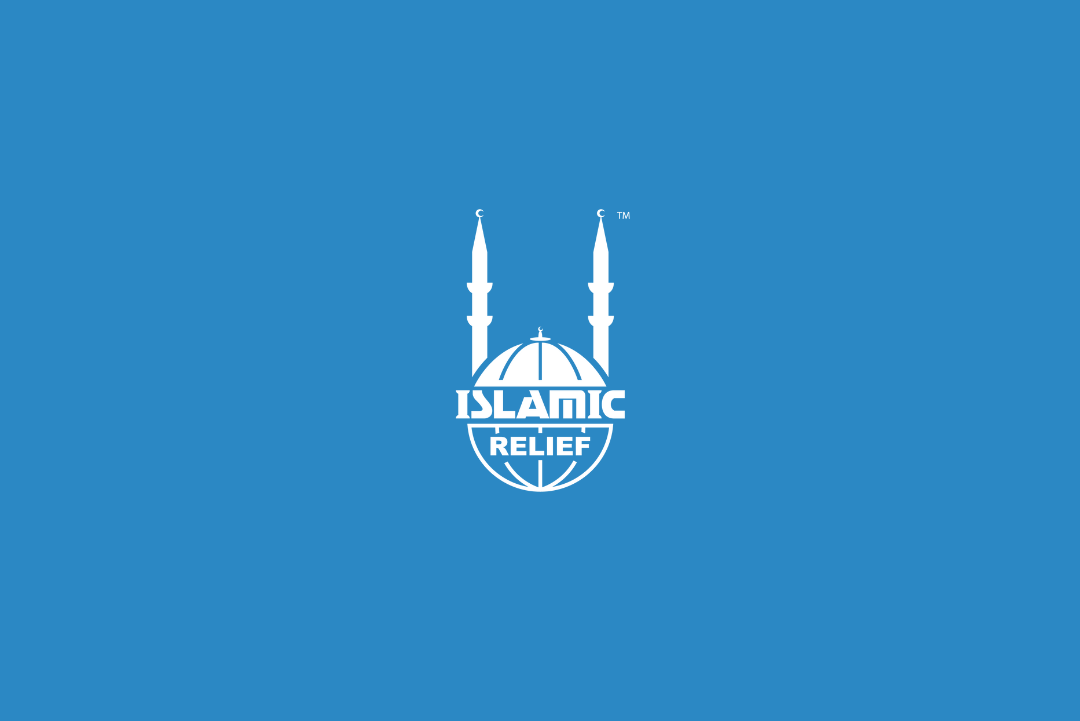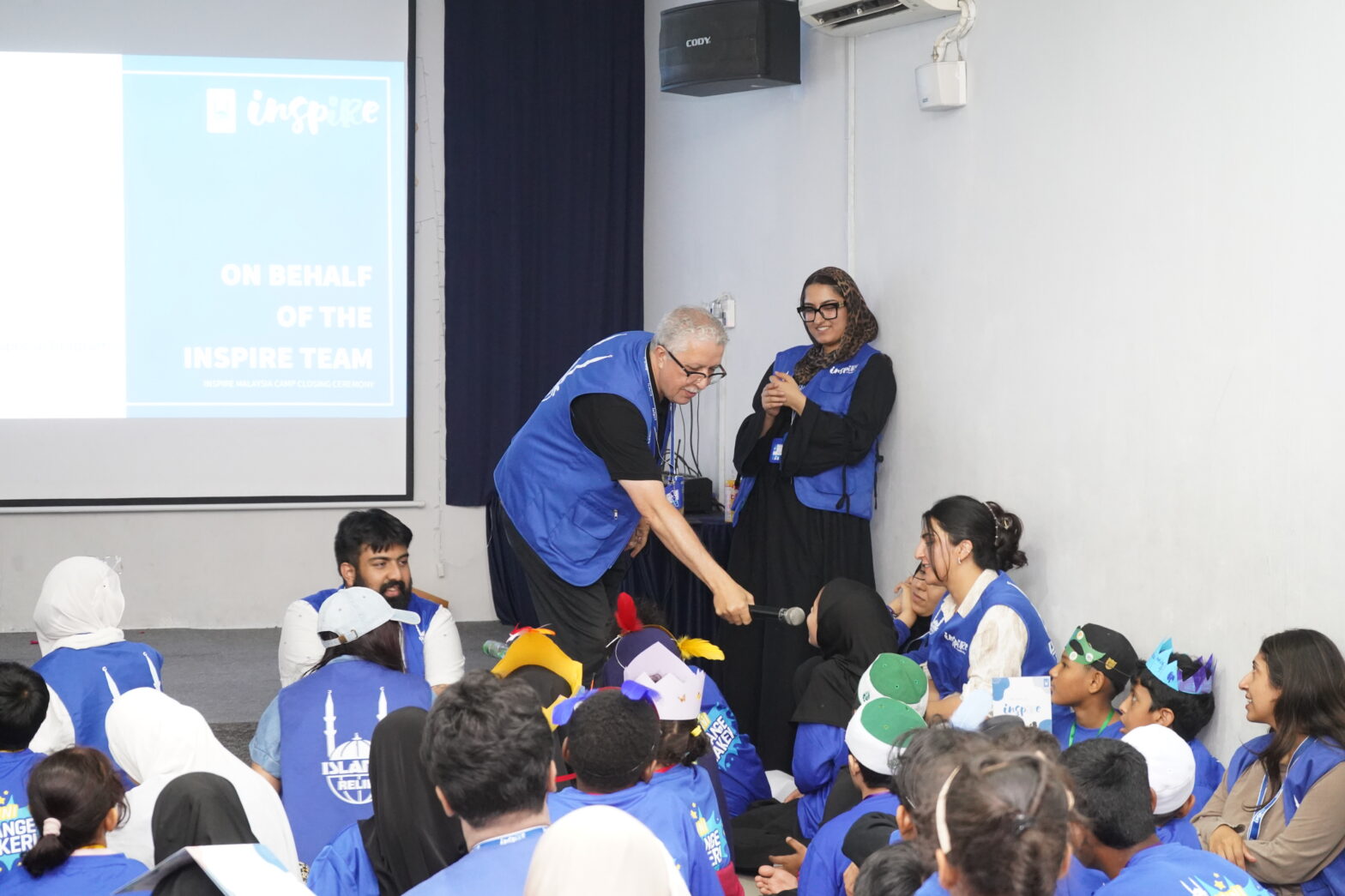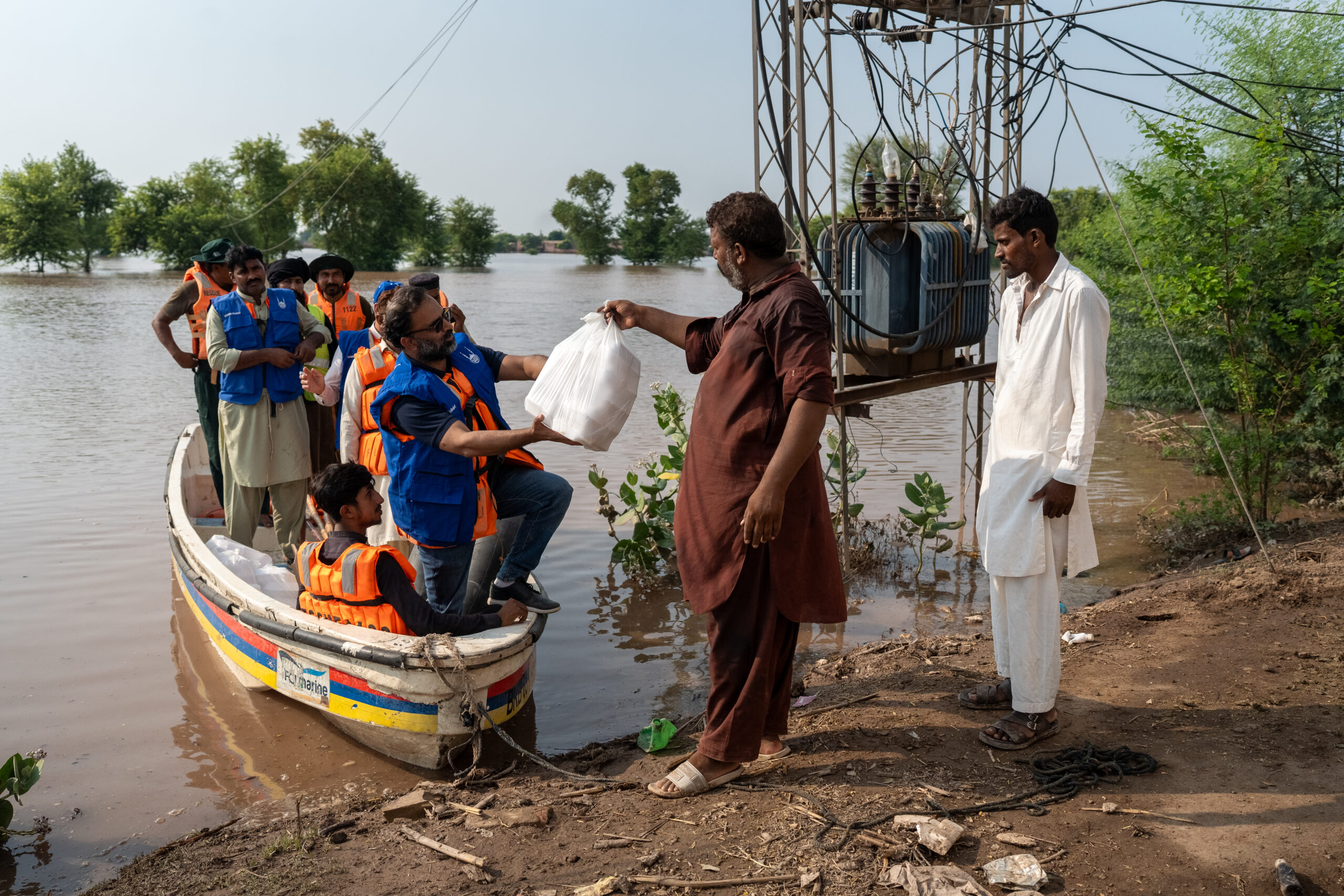A hunger crisis is looming in Pakistan as recent floods have decimated food production in Punjab province, a main breadbasket region which produces around 50% of the country’s staple crops of rice, Maize, sugar cane and cotton. Islamic Relief is warning the destruction is likely to threaten at least two crop cycles, leading to severe shortages and pushing food prices out of reach for the poorest families.
The monsoon floods, which began in June, have so far affected over 4.5 million people and killed around 1,000 people across the country. In Punjab province alone, at least 1.8 million acres of agricultural land have been flooded, affecting up to 70% of the province.
Many farmers in Punjab have lost all their crops, grain stocks and livestock, which were there only source of income. Islamic Relief aid workers report that some farmers with surviving livestock are still staying in homes that are damaged or flooded with stagnant water, because they do not want to leave their precious cattle unattended as they are all they have left.
Raza Narejo, acting country director of Islamic Relief Pakistan, said:
“Punjab province is the most important food-producing region in Pakistan, but 70% of it has been flooded and crops and livelihoods have been washed away. It will have an impact across Pakistan and national food shortages are now looming.
“Many people here depend on agriculture, but now they have almost nothing. They are now completely dependent on government and humanitarian support. They urgently need food, water and sanitation services, and when they can return to their homes they will need seeds, fertiliser and further support to re-establish their crops on their land once more.”
Abdul Rehman, 55, from Muradabad in Punjab province escaped the floods last month with his family of five. He told Islamic Relief:
“The floods came at night and we had to run away in a hurry. We couldn’t grab anything to take with us because we were in fear. In the morning everything was destroyed. One side of our home has fallen away, and it is completely damaged. We had two goats and two sheep but they all drowned.
“Now I have to look for other work. I have to rebuild the broken parts of my home, and for that I need to earn well, but since the floods I have been unable to find any income and my livestock are gone.”
Islamic Relief is working in flood-affected areas to deliver food, water and sanitation, and help farmers reestablish their livelihoods by providing them with seeds for planting next season and other agricultural support. Beyond agriculture, Islamic Relief has so far reached over 140,000 people in Pakistan in the aftermath of these monsoon floods with food, water, tents, and hygiene supplies.



